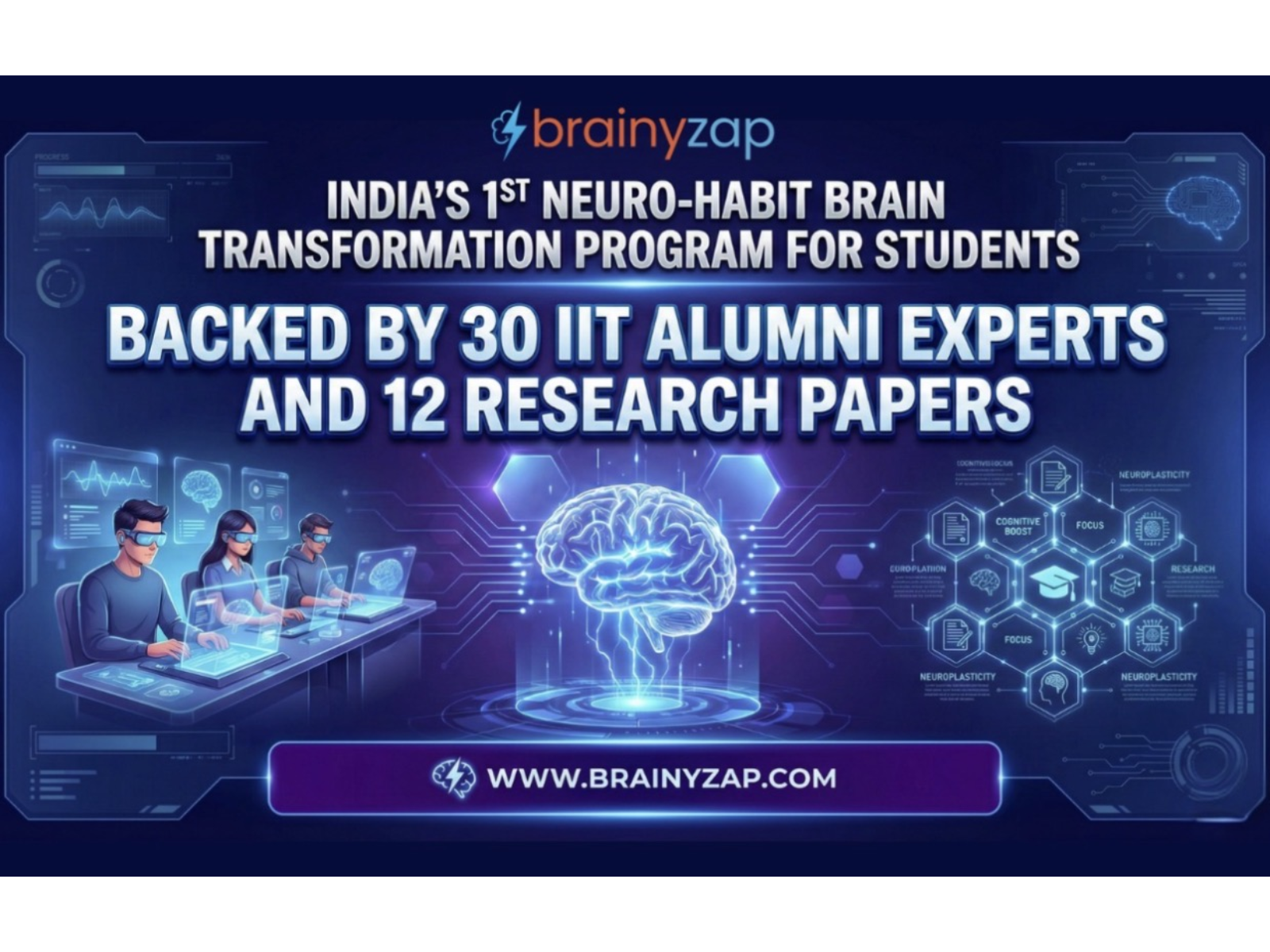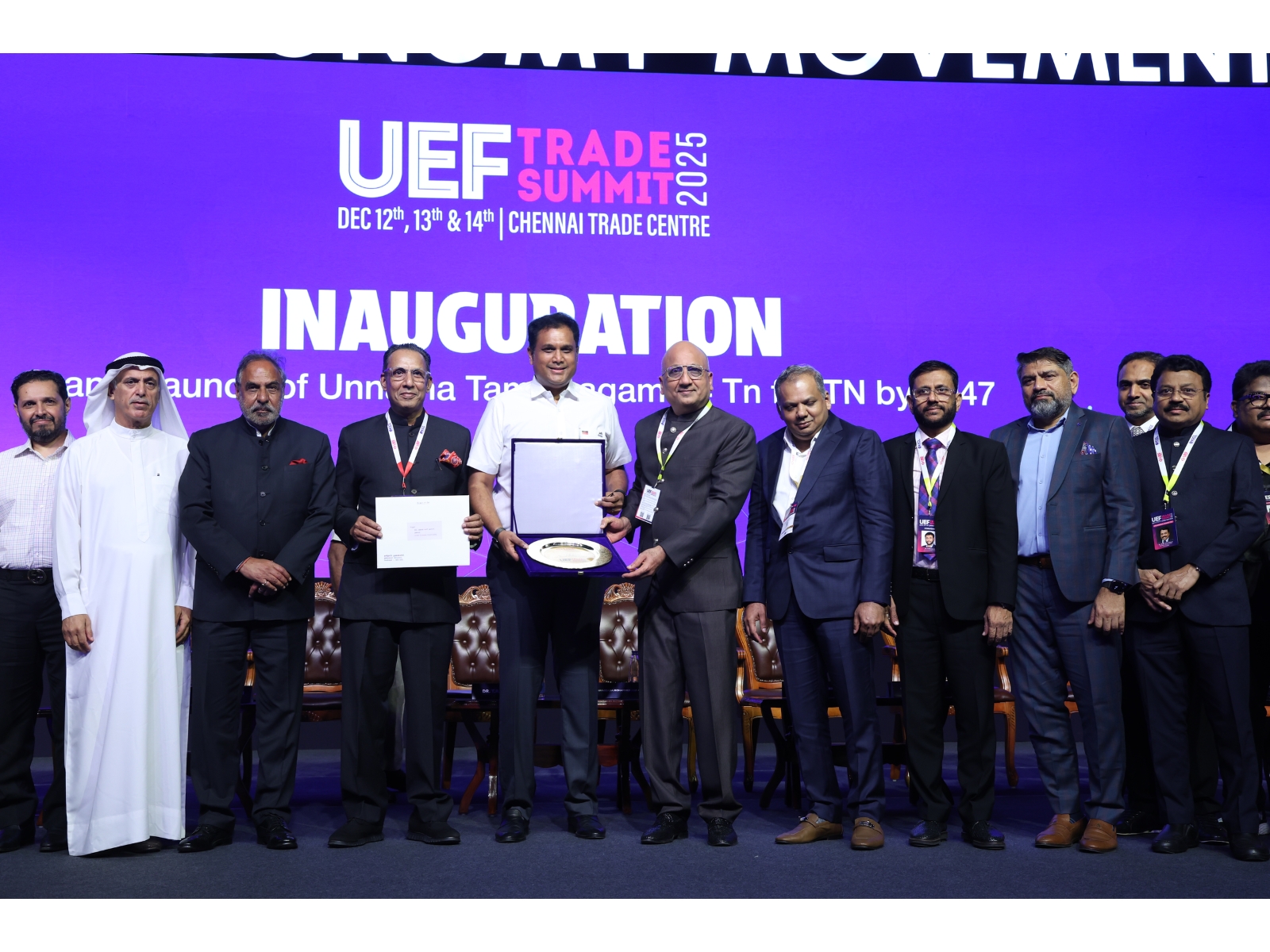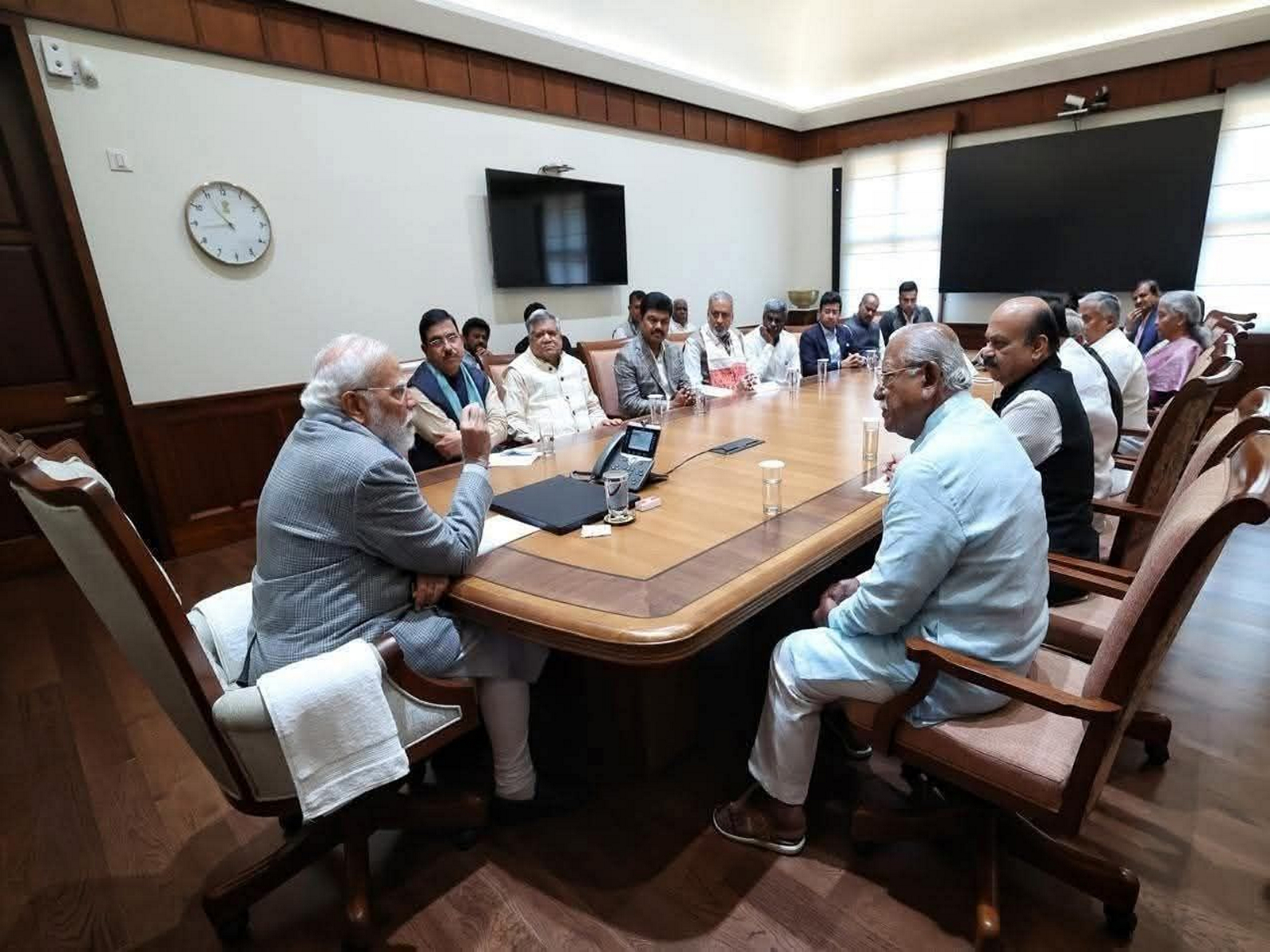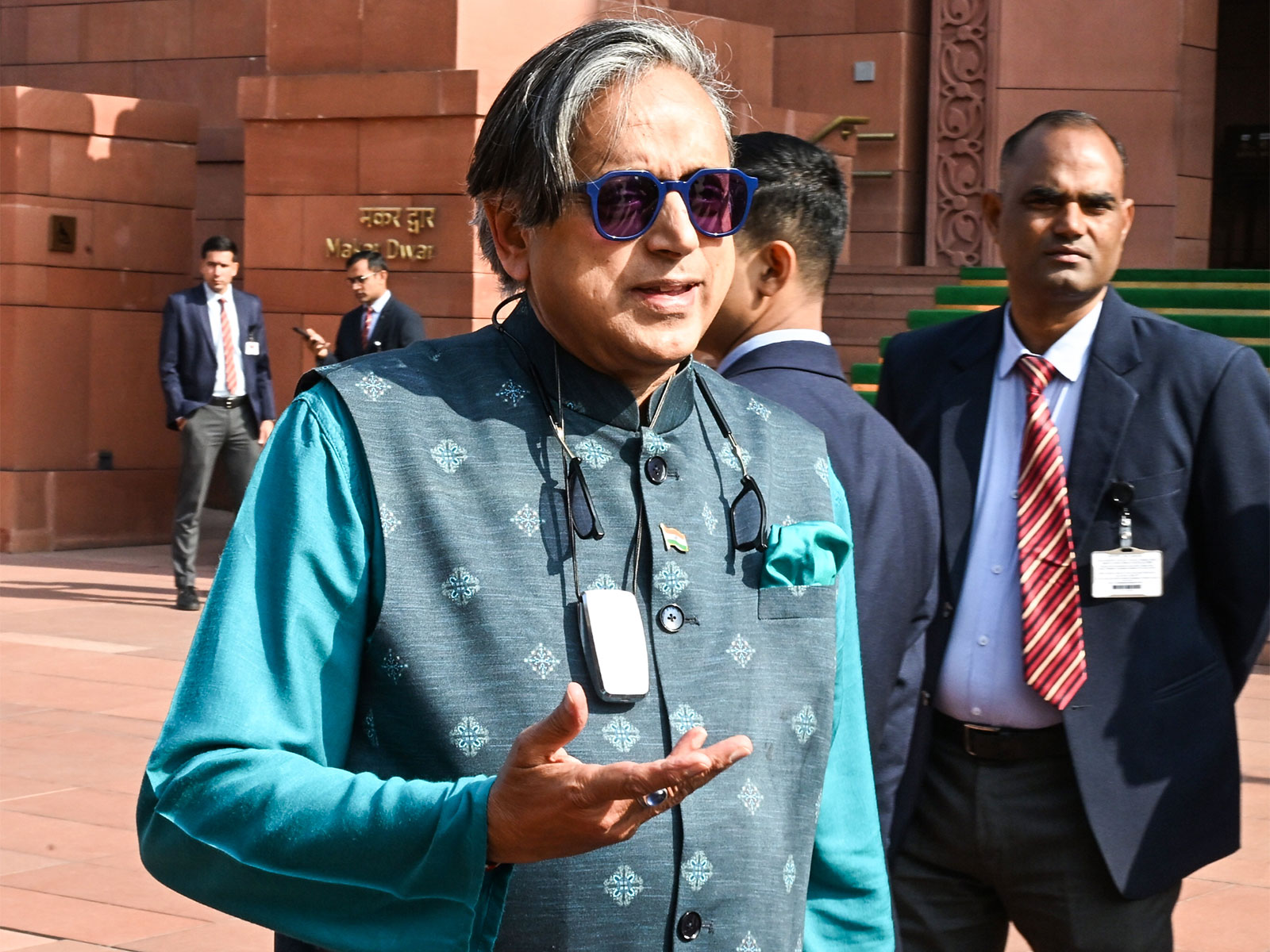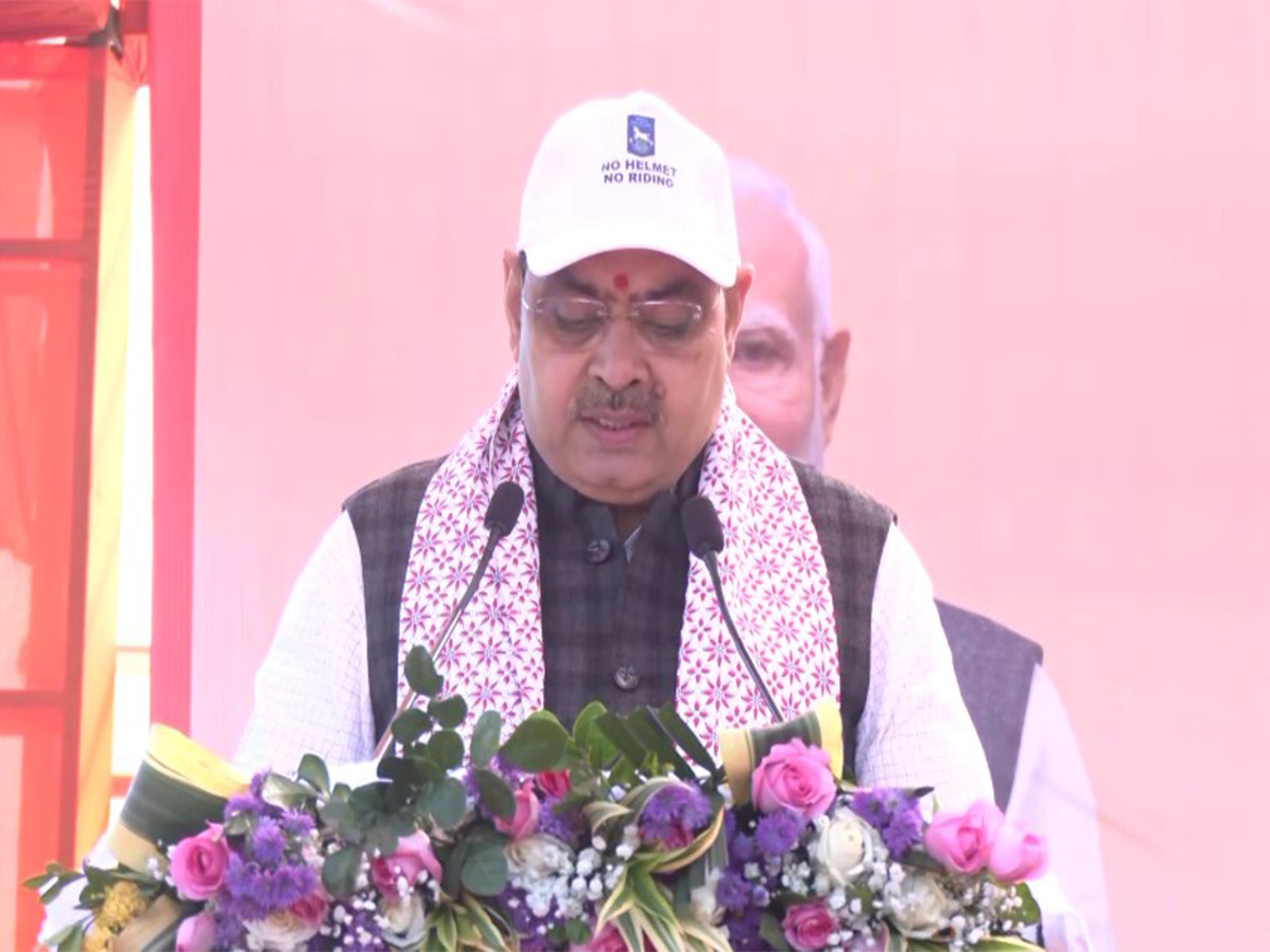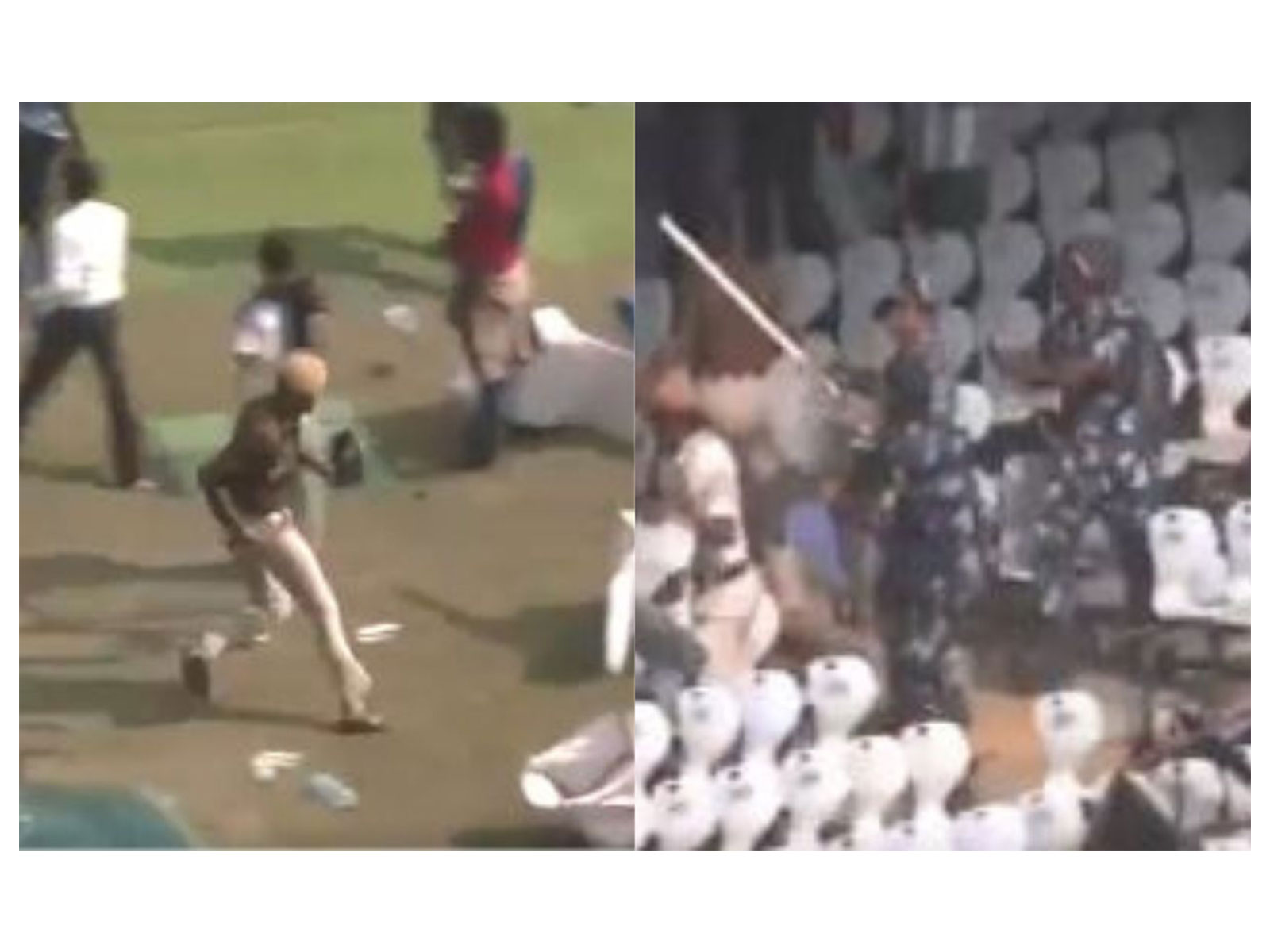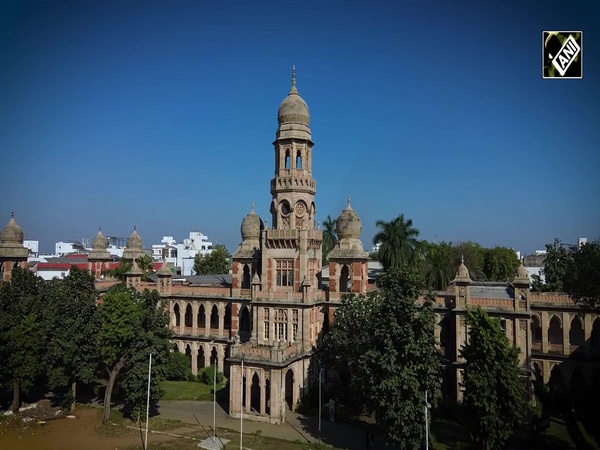Special Lecture on "Economic Relations among Nations: Can it Avert the Impending Economic Crisis" organized by FORE School of Management
Nov 17, 2022

New Delhi [India], November 17 (ANI/SRV): FORE School of Management recently organized a special lecture on the topic "Economic Relations among Nations: Can it Avert the Impending Economic Crisis." The lecture was addressed by T.C.A. Ranganathan, current Non-Executive Chairman of Indian Overseas Bank and former Chairman and Managing Director of Export-Import Bank of India. He shared his insights on the global trade outlook, trends in global exports, and changing global economic order.
The lecture aimed at helping students and future leaders understand the rationale behind the predictions of global GDP falling further over the next two years. One of the agendas was also to acquaint the attendants with the opportunities and feasible solutions to prevent the potential threats that may lead to an impending economic crisis in India.
Ranganathan explained that the changing global order and the economic impact we are seeing today is the result of the ongoing polycrisis. The three major crisis situations being climate change, the Russia-Ukraine conflict, and China Trade War. He elucidated how each of these situations, in its own way, is hurting the Indian economy.
However, he said, if we are looking to change the situation, "Transforming supply chains is the way forward." He said, "To bring back the balance, there has to be arrangements and effort made to relocate supply chains that are ex-China. And, we are at an interesting cusp. India is the third largest economy in terms of unutilized manpower and the world is keen to trap this channel to reduce dependency on China. So, future growth is likely to come here."
He further added, "Our way forward depends on two acts--(a) our ability to befriend other countries and (b) our ability to invest in companies and attract other countries to invest. China became China because lots of foreign companies invested there--around 7 lakh companies if we want to put it in figures. These foreign companies came there for infrastructure, which is better than the benchmark in the US or Europe. The problem in India is that we don't think in those terms. The current thinking in India revolves primarily around domestic manufacturing. We need international people and they want something better. But better is available in Malaysia, Indonesia, etc. so they don't come here."
Emphasizing his point, Ranganathan stated, "We can catch the bus or we can miss it again. Our strong position today is useless stubbornness against foreign companies coming in. To set up a shop in India, they need permission. China is not like that; foreign companies don't need permission to get started there. Their policy is simple - come, set up, export. In India, they need a number of licenses, so they feel restricted here. This needs to change."
When asked about whether China could lose the race since companies like international companies Tesla are coming to India and some Indian companies like Vedanta are now making chips in India, which is a game changer in terms of taking charge of the semiconductor ecosystem, Ranganathan said, "Whether or not India can win the race against China is a question of the scale of world production. Trade war ensures that China-plus-one, China-plus-two will happen. But so far, the principal beneficiaries of this strategy have been Bangladesh and Singapore. We have not benefitted yet. If we continue doing what we are doing, we can overtake Japan, but we will still be below three. All this is because we are still dependent on China. We desperately don't want China, but our entire electronic supply comes from there. We need to change that, and we need to think about scale."
Ranganathan concluded the session with an analogy--also addressing the key question about what India should do to avoid the fallout or lessen the impact of the impending economic crisis. He said, "India's total share in GDP is floating around 3.2%. With the global economic crisis, it is bound to get impacted. However, if we are secure inside, we can reduce the impact. For example, in cars, we have seatbelts; in case of an accident, the seatbelts ensure that the passengers stay protected even if they bear some damage. Similarly, we need to direct our attention towards our focal strengths - whether our policies are intact and our internal relations, social equations etc. are strong or not. Its impact will be like wearing seatbelts. So, when inflation happens, we'll get jostled about but the blow will be reduced."
This story has been provided by SRV ANI will not be responsible in any way for the content in this article. (ANI/SRV)


